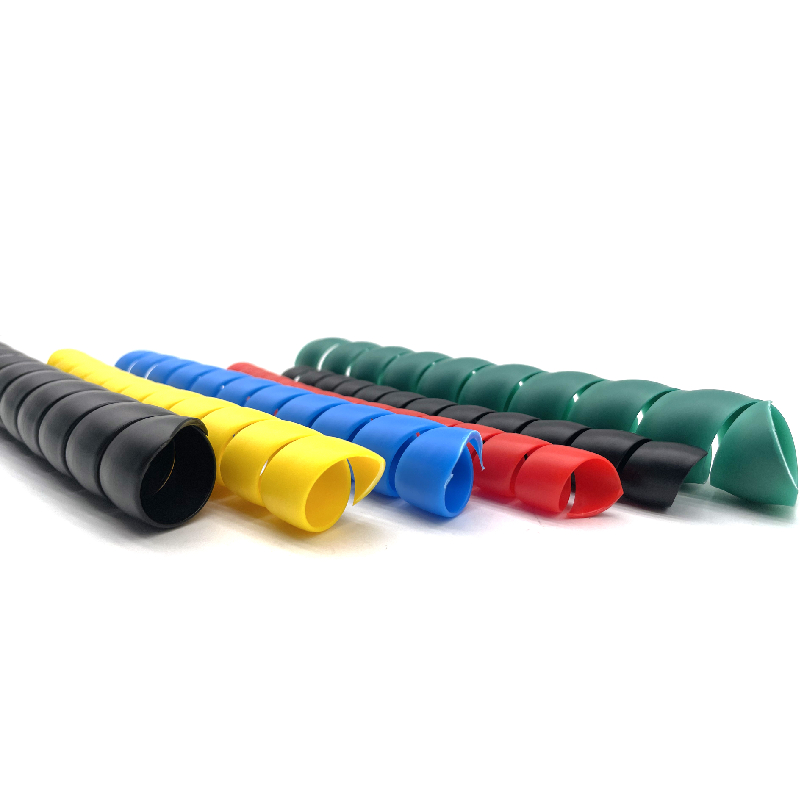Vitamin D is critical for calcium absorption, making it necessary for healthy bone development. Puppies, especially bully breeds, are prone to skeletal issues if they don’t get enough calcium and phosphorus. Vitamin D helps regulate the calcium levels in the blood and supports overall bone structure. Natural sunlight is a significant source of Vitamin D, but it can also be found in foods like fatty fish and fortified puppy foods. If your puppy is not getting enough exposure to sunlight, consider discussing supplementation with your veterinarian.



